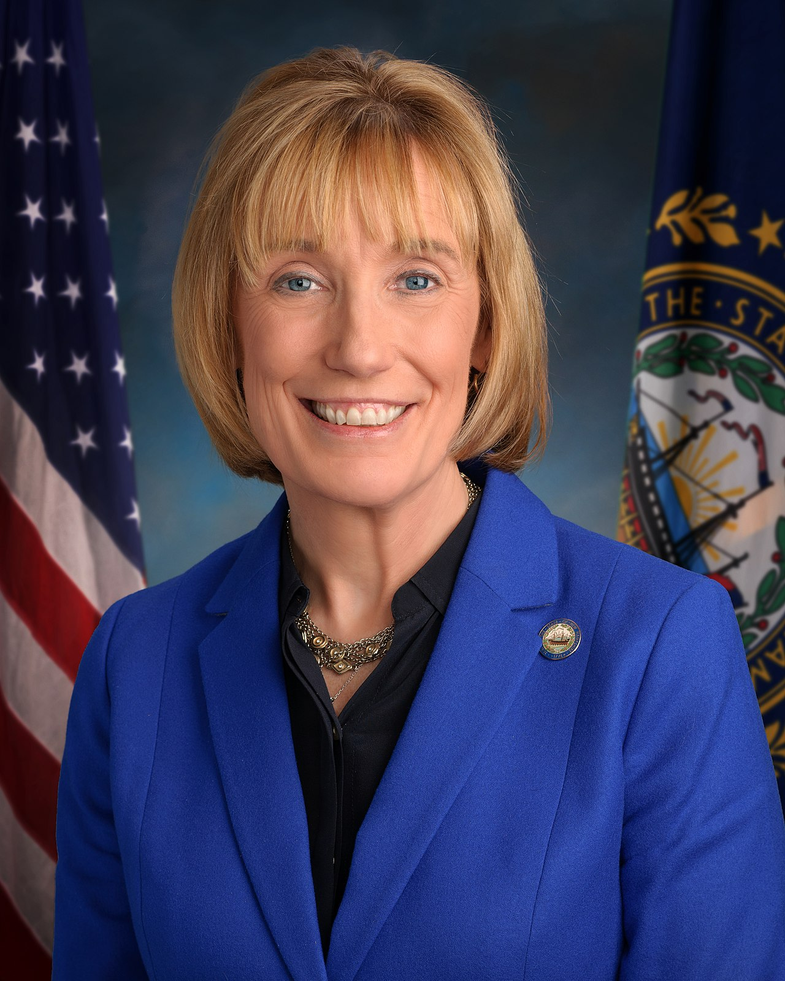S. 1103: Vessel Tracking for Sanctions Enforcement Act of 2025
This bill, known as the Vessel Tracking for Sanctions Enforcement Act of 2025, aims to establish a pilot program to use big data analytics for identifying vessels that may be evading U.S. sanctions and export controls. Here are the main components of the bill:
Establishment of Pilot Program
The Secretary of Homeland Security is required to create a pilot program to assess whether big data analytics can effectively predict and identify instances where a ship's Automatic Identification System (AIS) is disabled or manipulated. Such actions may suggest that the vessel is involved in transporting goods that evade U.S. sanctions or export controls. This program must be established within 18 months of the bill's enactment.
Law Enforcement Coordination
The pilot program is designed to provide actionable intelligence to:
- Operational components of the Department of Homeland Security, such as U.S. Immigration and Customs Enforcement and the Coast Guard;
- Other federal law enforcement agencies; and
- Foreign agencies that partner with the United States, as deemed appropriate by the Secretary of Homeland Security.
Data Elements Considered
During the development of this pilot program, the Secretary will consider integrating several types of data regarding vessels, including:
- The type of goods being transported;
- The destination of the vessel;
- The ownership and nationality of the vessel, shipper, and importer;
- The ownership and nationality of nearby vessels while the AIS was manipulated;
- The duration of AIS manipulation;
- The frequency of AIS issues with that vessel.
Interagency Coordination
The Secretary must work with the Secretary of Commerce and the Director of National Intelligence to develop and implement the pilot program effectively.
Program Duration and Reporting
The pilot program will last for four years from its enactment date. After this period, the Secretary of Homeland Security is required to submit a report to Congress that includes:
- An assessment of the program's effectiveness in identifying and predicting instances where vessels are at risk of transporting goods unlawfully;
- Details on vessels identified as high risk, including whether they were confirmed to be evading sanctions and the penalties applied;
- Information on vessels that were not interdicted, including their travel destinations;
- Recommendations on the future use of big data analytics for this purpose.
Budget and Information Collection
No additional funding is authorized to implement the pilot program, meaning it must operate within existing budgetary frameworks. Furthermore, the bill does not permit the collection of new types of information that are not already authorized by existing law as of the enactment date.
Relevant Companies
None found
This is an AI-generated summary of the bill text. There may be mistakes.
Sponsors
4 bill sponsors
Actions
2 actions
| Date | Action |
|---|---|
| Mar. 25, 2025 | Introduced in Senate |
| Mar. 25, 2025 | Read twice and referred to the Committee on Homeland Security and Governmental Affairs. |
Corporate Lobbying
0 companies lobbying
None found.
* Note that there can be significant delays in lobbying disclosures, and our data may be incomplete.
Potentially Relevant Congressional Stock Trades
No relevant congressional stock trades found.



